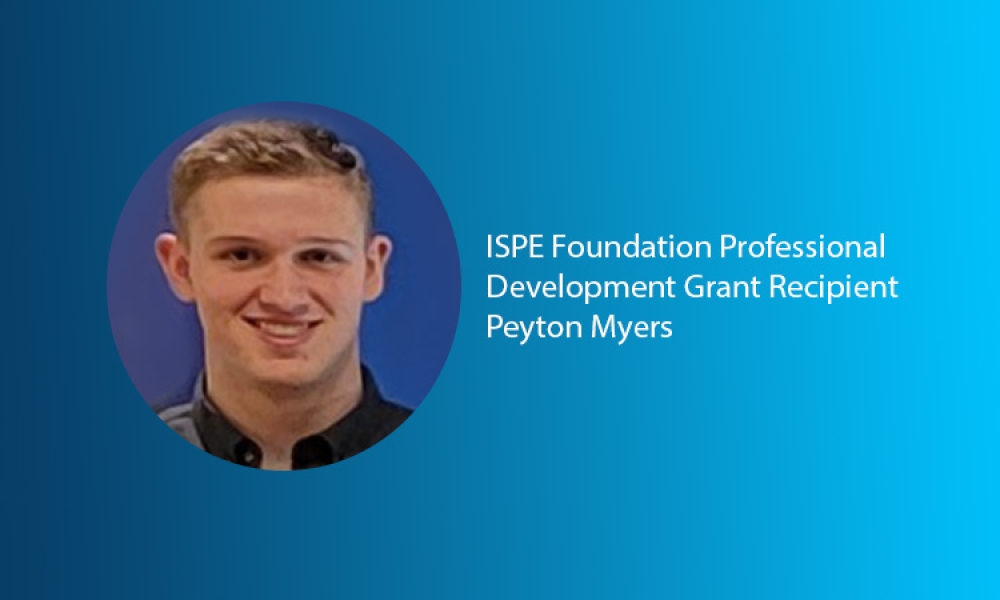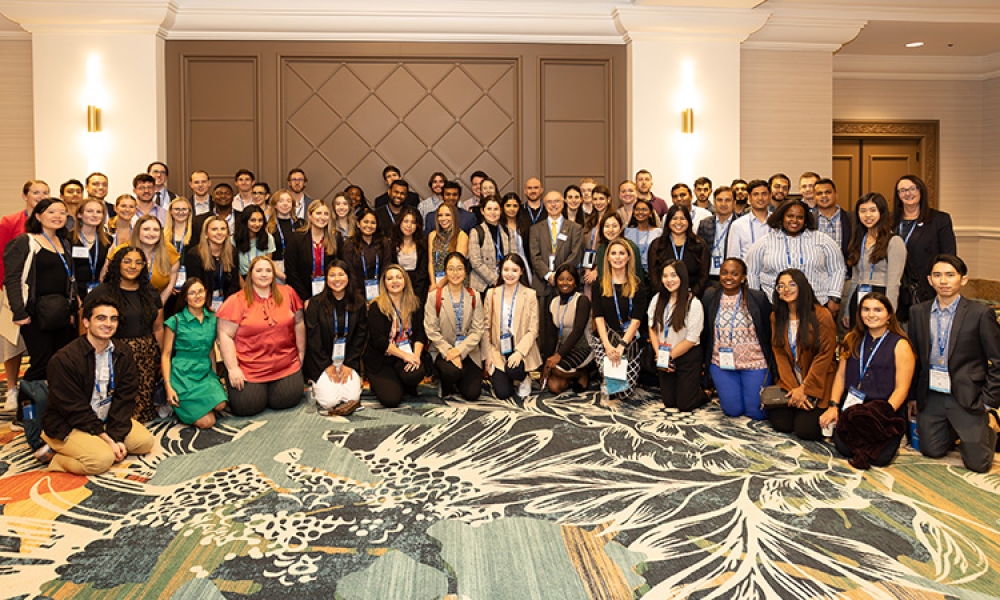It's Basic Accountability - Data Integrity Workshop Recap


Data Integrity Workshop Debuts New Format Frances Zipp, President and CEO, Lachman Consultant Services, welcomed 76 attendees to the third annual Data Integrity Workshop, held Sunday, 4 June 2017, at the Crystal Gateway Marriott in Arlington, Virginia USA. “Control of your data is the foundation of all pharmaceutical manufacturing processes,” she told the audience. “It’s of strategic business importance to your company to protect, understand, and maintain your data.” Data integrity problems are fast becoming the biggest threat to profitability, said Zipp. They include lost pricing leverage, increased costs of capital, lower market cap, as well as employee and customer distrust. She went on to explain that regulators increasingly understand that data is generated throughout the product life cycle, and that they expect GMP compliance and data integrity from the entire pharmaceutical supply chain. The FDA will not review applications where there is a question of reliability; and many market actions are based on “lack of assurance” of GMPs, instead of specific findings or direct evidence of market defects. Investigators apply aggressive forensic investigative techniques to search for common deficiencies that may directly impact data integrity. Following Zipp’s welcome, this year’s event began with an opening plenary followed by four breakout sessions:
- Process Workflows and Data Mapping
- Data Review and Forensic Tools (with one session focused on Laboratory and one on Manufacturing)
- Data Integrity Governance Maturity Model and Cultural Model.
In the opening plenary, Michael Rutherford, Consultant– Laboratory and Quality Systems, Medicines Development Unit, Eli Lilly and Company, presented an overview of the new ISPE GAMP® Records and Data Integrity (RDI) Guide, which focuses on the data life cycle. The Guide includes sections on regulatory focus, data governance framework, and quality risk management. Rutherford noted that most data integrity issues start at creation, and are the most difficult to go back and correct. Paper and hybrid records, which rely on human control processes, can present even bigger threats as they can be destroyed or discarded without detection.
Breakout Sessions
Mark Newton, Business Quality Assurance, Eli Lilly and Company, and Lorrie Vuolo-Schuessler, Manager, Computer Systems Quality Assurance, GlaxoSmithKline, led the breakout on Process Workflows and Data Mapping. Attendees were shown how data flow diagrams can be useful for identifying certain types of data. Their real value, however, lies in their ability to illustrate input links between different processes and systems, and explain relationships between steps and processes. In the breakout on Manufacturing Data Review and Forensic Tools (Laboratory), Dan Barreto, Vice President of Compliance Practice at Lachman Consultant Services, examined case studies that demonstrate how data integrity issues can often be hidden or unintentional. In a case where the audit trail information is not checked unless there is a deviation reported during the manufacturing process, he asked, is the lack of the audit trail review a failure of the data integrity controls? Rutherford and Heather Longden, specialist in Data Integrity and Compliance to 21 CFR Part 11 and Annex 11, Waters Software, led the breakout on Manufacturing Data Review and Forensic Tools (Manufacturing). They noted that regulators expect firms to look for improper activities as part of routine review, and that analytics, while useful, can also have limitations: they can bury a company in so much data that it becomes possible to miss real signals. The Data Integrity Governance Maturity Model and Cultural Model breakout, led by Paul Mason, Director, (Science and Technology Practice), and Jim Davidson, Vice President, Science and Technology, both from Lachman Consultant Services, presented an approach to assessing an organization’s maturity level in relation to data integrity. They also discussed the importance of understanding and mitigating the impact of corporate and local cultures.
Panel Q&A Discussion
The day concluded with a regulatory and industry panel discussion that brought together the breakout session leaders with Stephen Mahoney, Senior Director in Global Quality and Compliance at Genentech, Inc., and representatives from the FDA: Sarah Barkow, PhD, Team Lead, Manufacturing Quality Guidance and Policy Staff at CDER’s Office of Manufacturing Quality, FDA; and Karen Takahashi, Senior Policy Advisor at CDER’s Office of Policy for Pharmaceutical Quality, FDA. Questions from attendees included quality assurance periodic review, how firms can improve data integrity, what companies should look for when they’re auditing suppliers, and how to prepare for an audit, among other topics. Panelists offered their advice and knowledge.
“the bulk of data integrity problems occur where technology and people intersect.”
The bottom line, Rutherford noted, is that “the bulk of data integrity problems occur where technology and people intersect.” Zipp concluded, “This isn’t that complicated—it’s basic accountability. The controls are in the regulations. Yes, we have complicated tools now. But there are very basic things that allow you to control and understand your data.”


